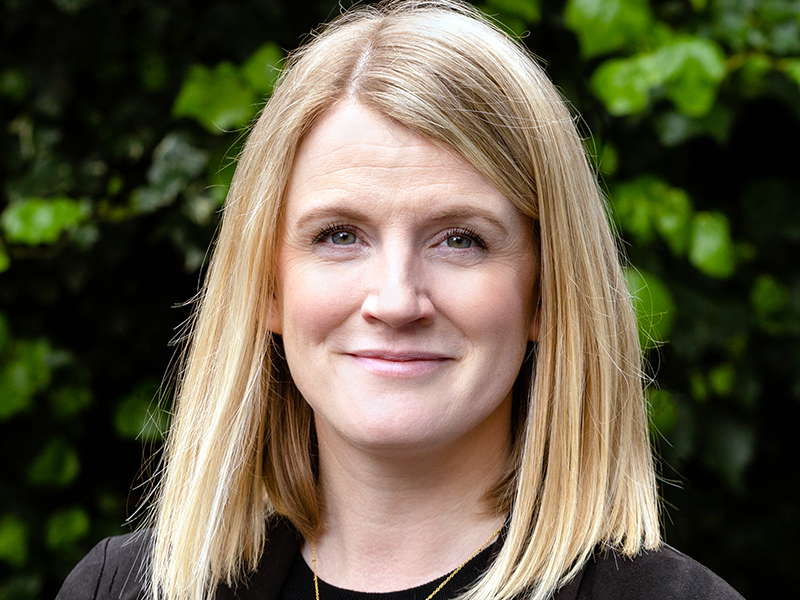As the role of trustees is celebrated through Trustees' Week, Helen Kidd asks: “do charities do enough to help them do their jobs effectively?”
Charities are nothing without their trustees - literally. Without them, our charities cannot operate. None of the life-improving work that takes every single day would happen.
According to the charities regulator OSCR, there are more than 100,000 charity trustees in Scotland, supporting the work of 25,000 registered charities.
There is no doubt that each and every one of those organisations is grateful to those who step up to become trustees, as they are volunteers who help in any way.
But what I am not always convinced of is how much we truly recognise and value the importance of what they do. Is there more we can do to ensure that trustees have all of the support and skills needed to do their job fully?
This isn’t a criticism. It’s a healthy challenge. If you’re a trustee, perhaps this is a good week in which to ask yourself what would help make you more effective in the role that you do?
The fact of the matter is that we ask a lot of our trustees.
Legally, a charity trustee has clear duties to observe and act in the best interests of the charity so that it can ensure its activities further its charitable purposes.
In reality, that often means that we expect them to understand the intricacies of fundraising, finance, HR and PR. We look for them to be innovative and entrepreneurial. We seek dynamism coupled with compassion.
When emergencies happen, we look to them to become crisis managers. If a whistleblower goes to them with sensitive information, we expect them to know how to deal with it.
For smaller charities, trustees are often not just overseeing strategy, they are the ones who have the job of implementing it as well.
All of this is not to put people off from becoming a trustee - far from it. With the right sort of recruitment on to the board, the fine detail of these skill sets can be covered off collectively. We cannot expect everyone to be an expert in accounts, employment law and property issues, for example. Yet we can help people approach these issues - and more - in the right way.
Good training can ensure that they understand the main pillars of good governance: organisational purpose, leadership, effectiveness and risk management.
Fundamentally, trustees work best when they understand why they are making a decision.
That means they must be equipped with all of the information they need.
The chair is important in ensuring that happens, setting the tone for the board. They ensure that everyone buys into collective cabinet responsibility no matter the strength of individual views expressed while reaching any decision.
Properly taken and approved minutes have a critical part to play in that, with all votes fully recorded and potential conflicts of interest properly declared and noted. This could be particularly important if any issues arise, especially should ever OSCR become involved.
As a sector, we can be guilty of presuming that people who become trustees automatically know all of this - and more. Yet no-one can be expected to be an expert in everything - or to understand why things need to be done in a certain way if no-one has taken the time to explain it to them.
Being a charity trustee is incredibly rewarding. Yet it can be challenging too, particularly when finances are tight, as they are for so many charities right now.
Investing in training and mentoring our trustees, though, is an investment in the future of your charity. Remember, charities cannot exist without them.
Helen Kidd is partner and head of the charities and third sector team at legal firm Lindsays.







